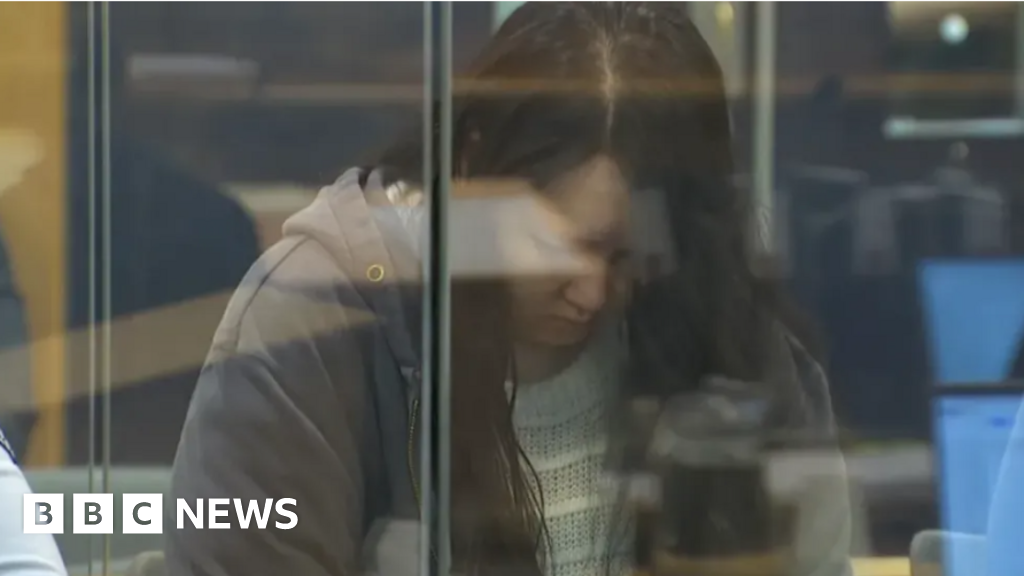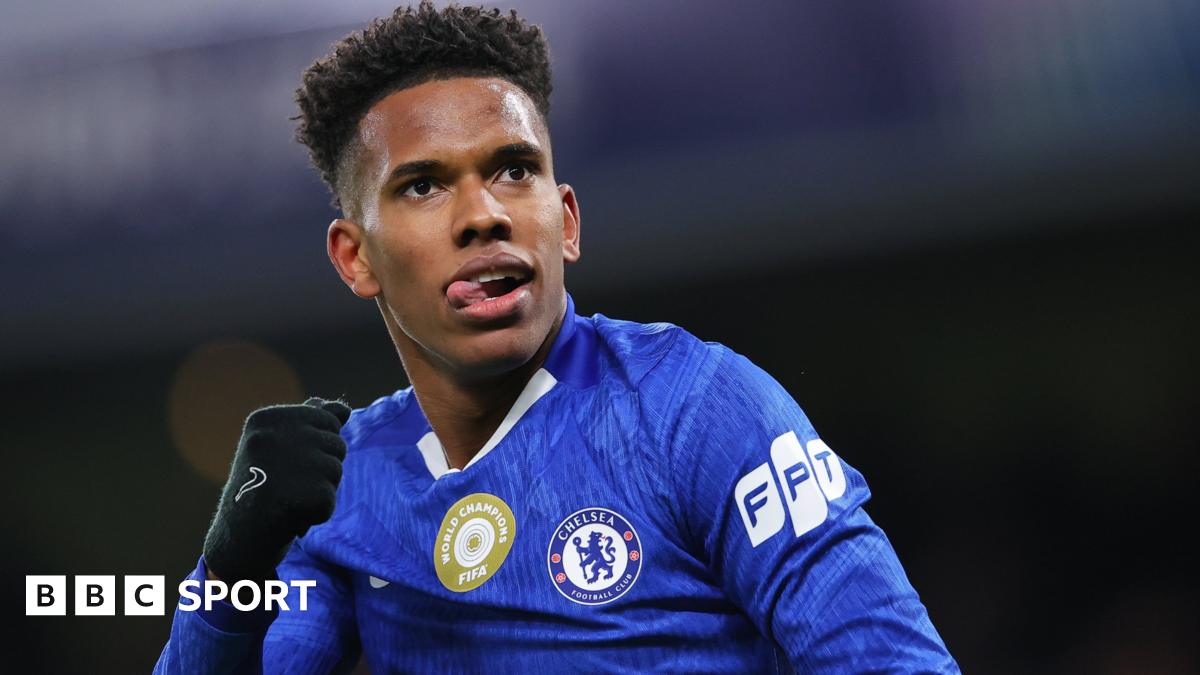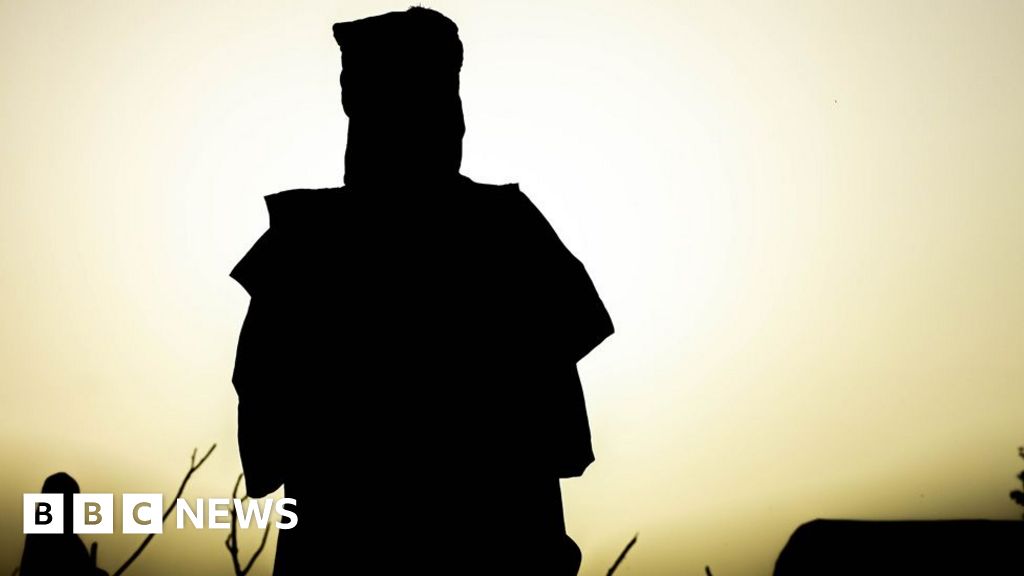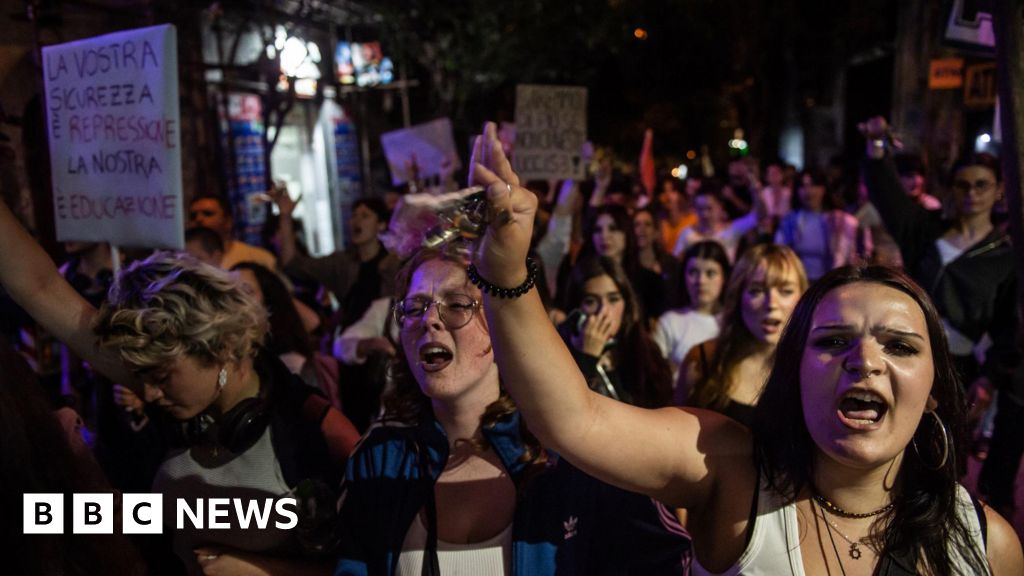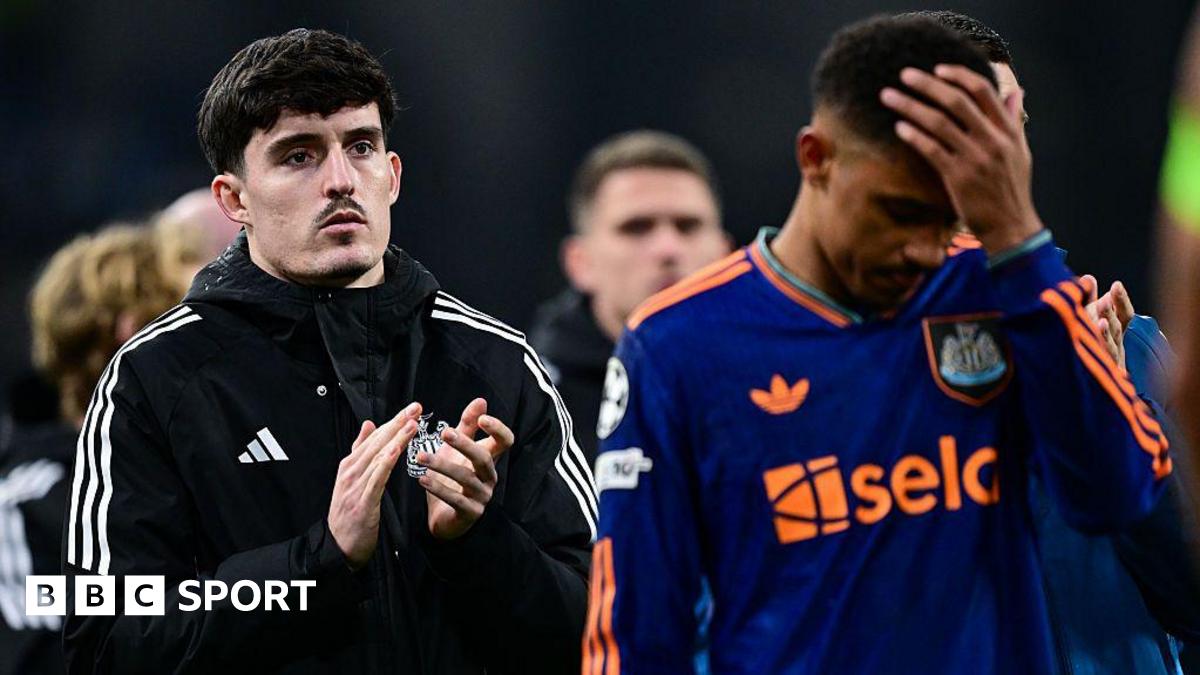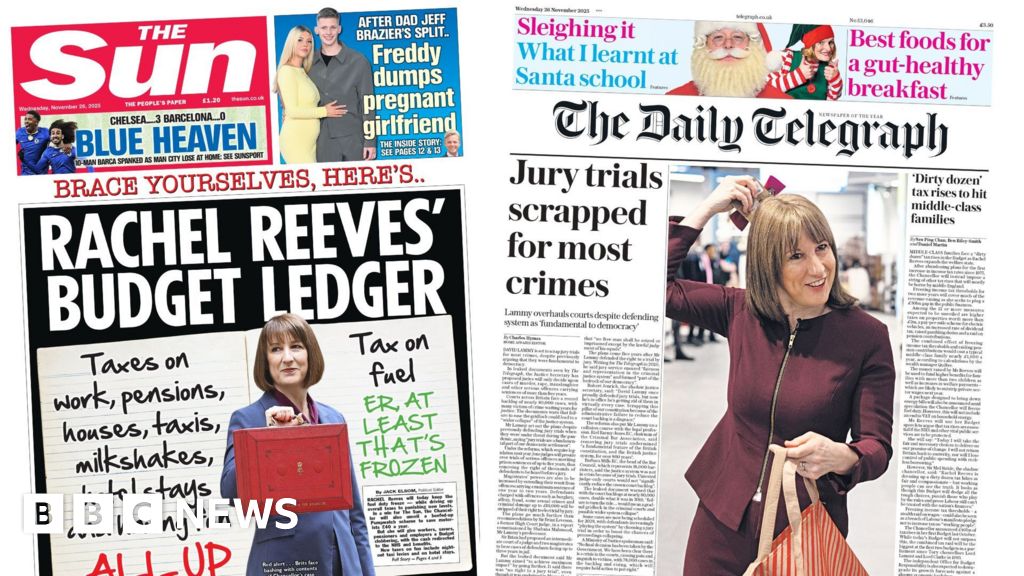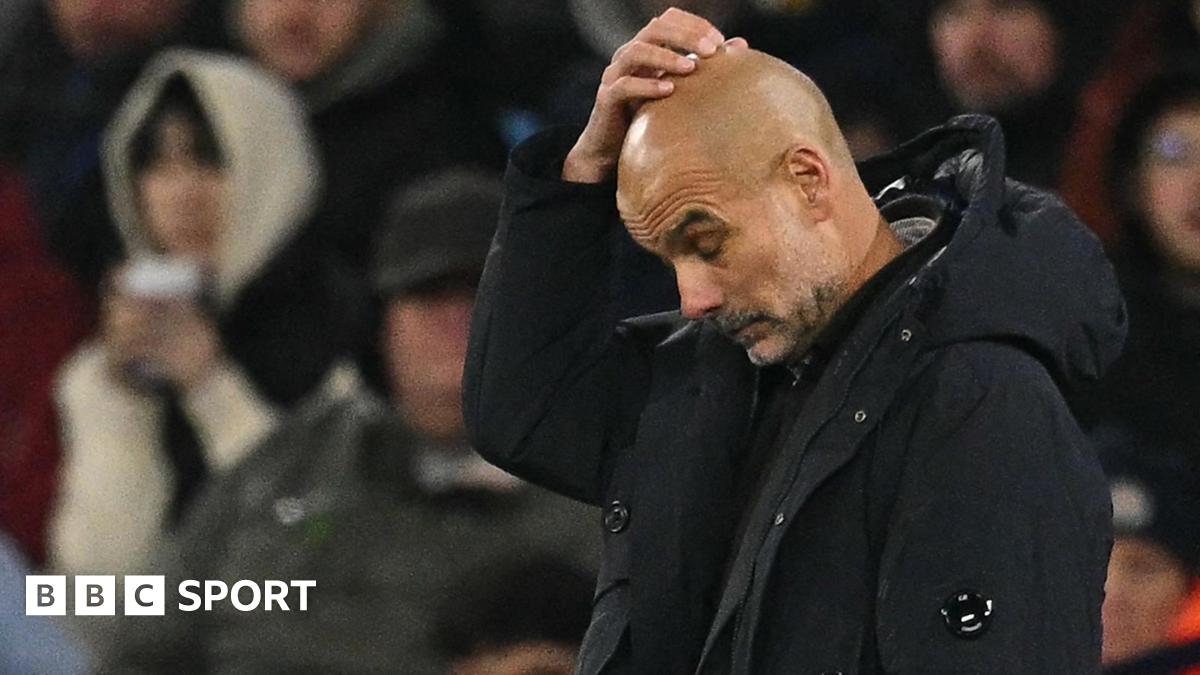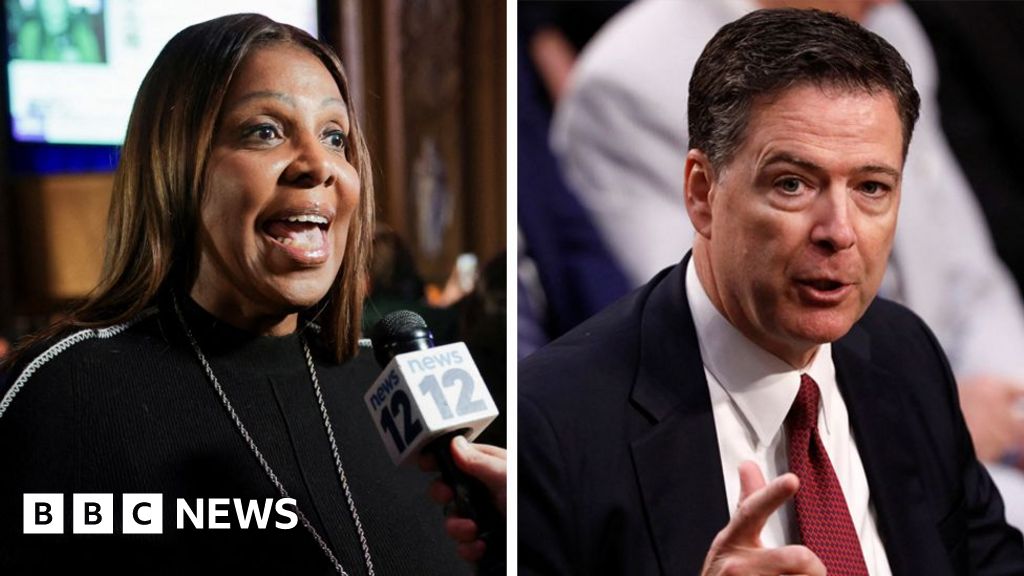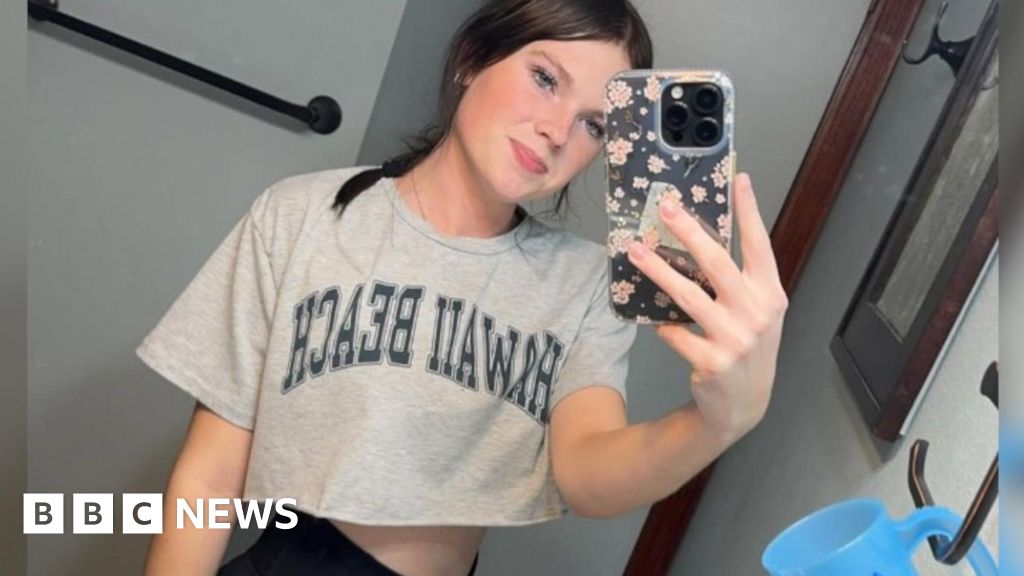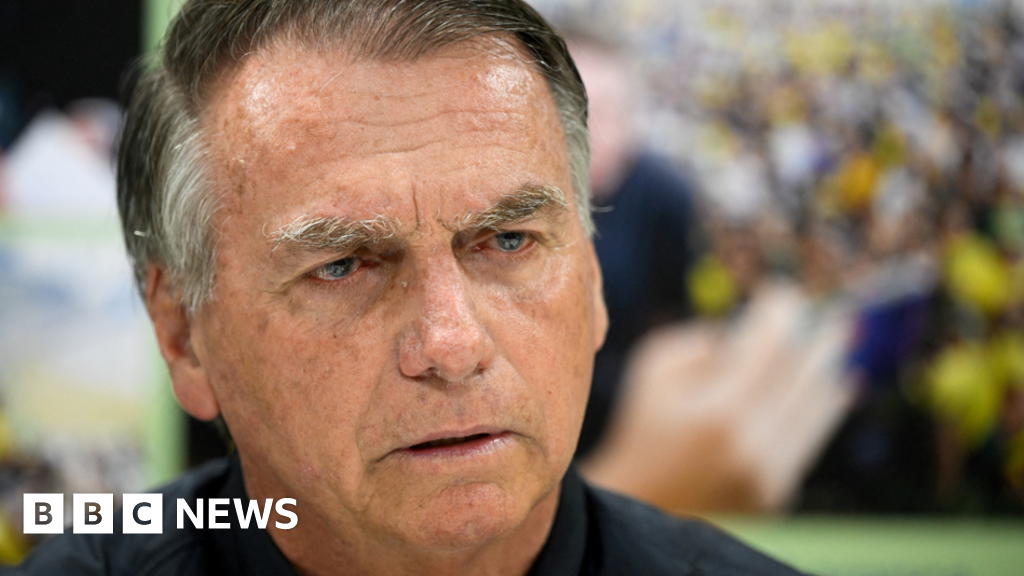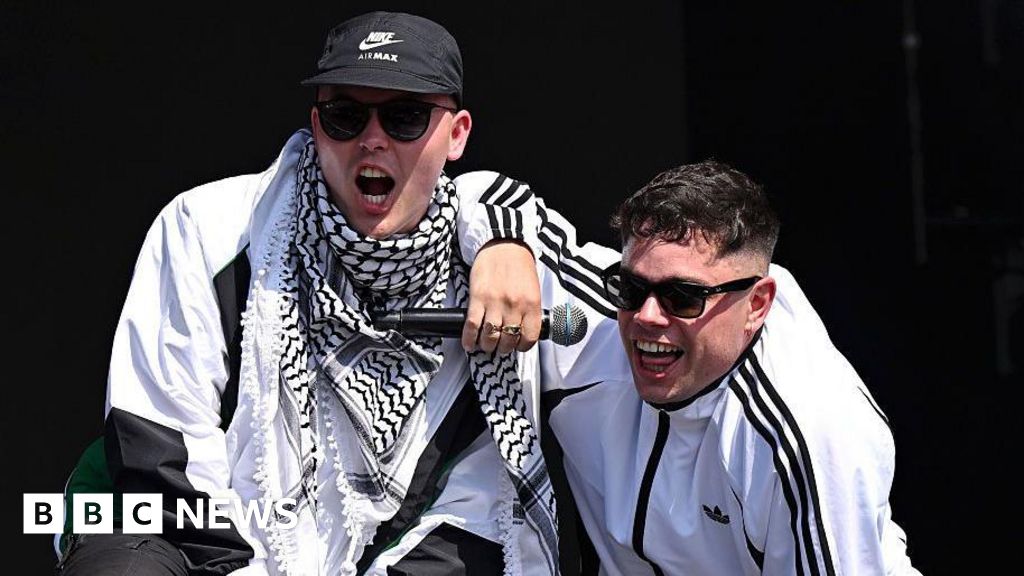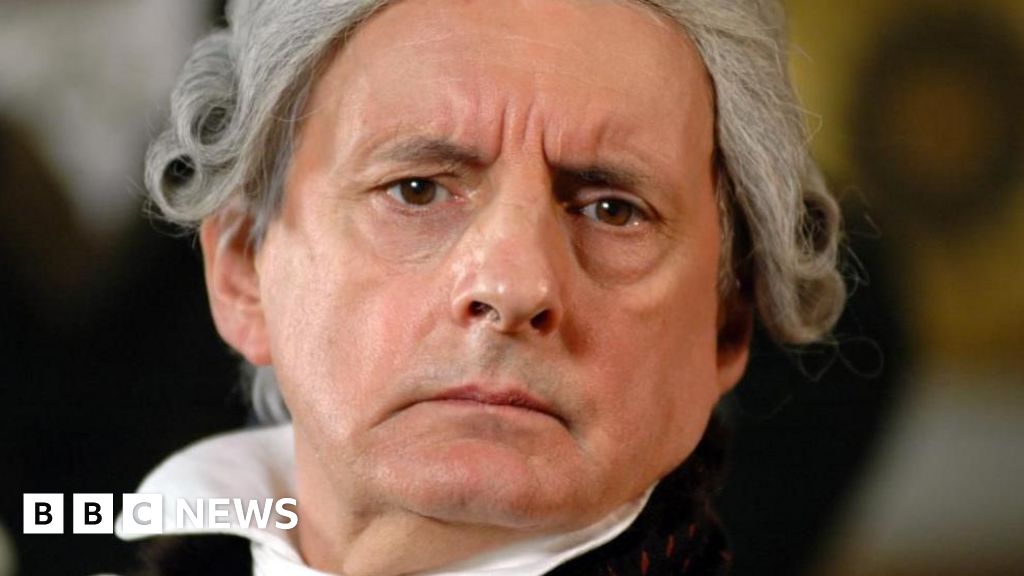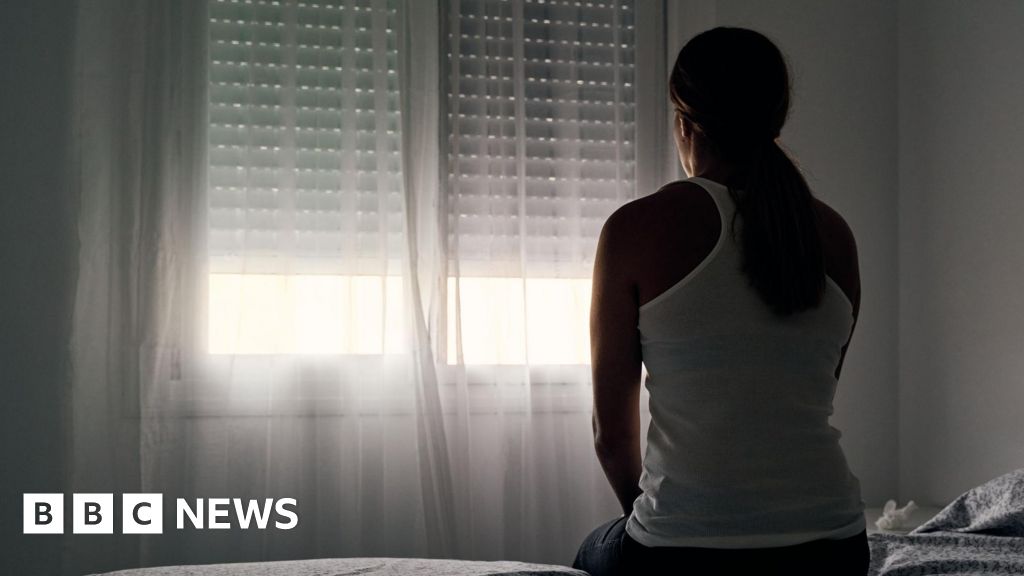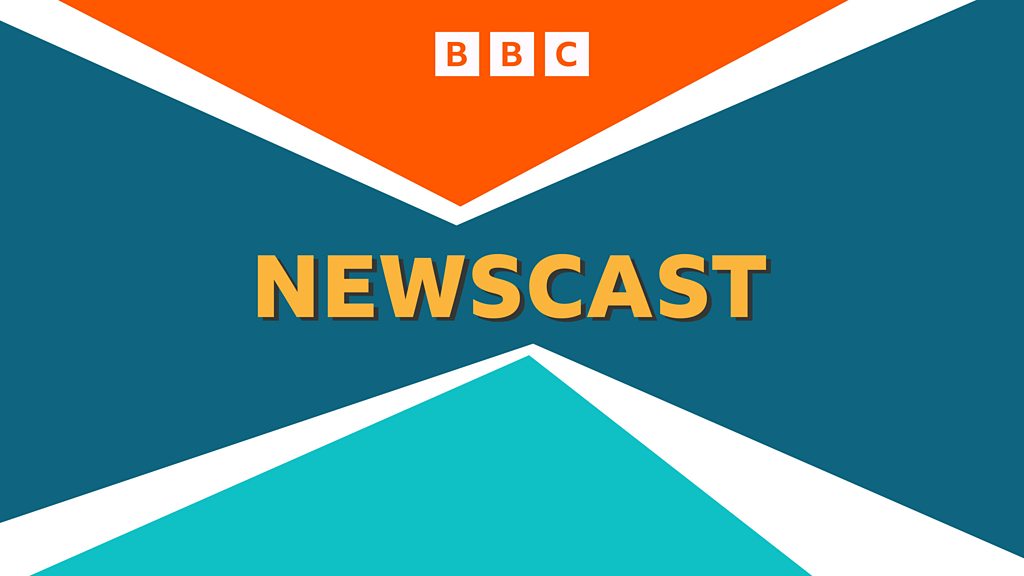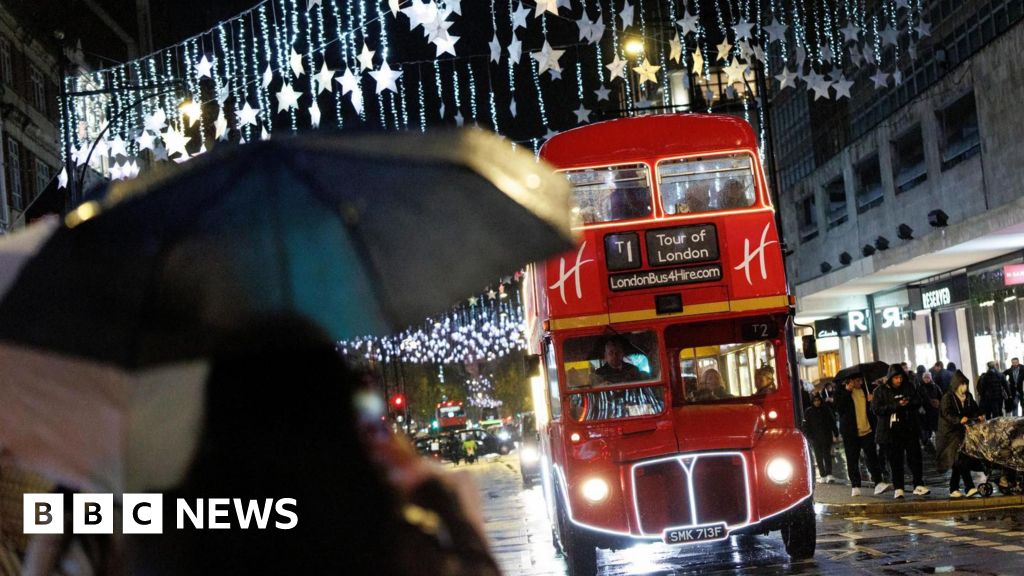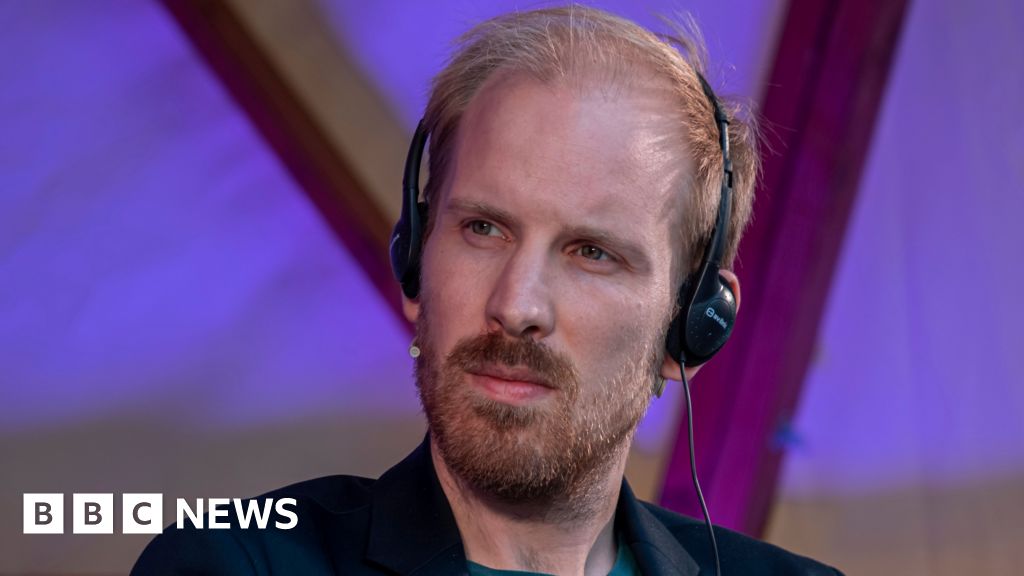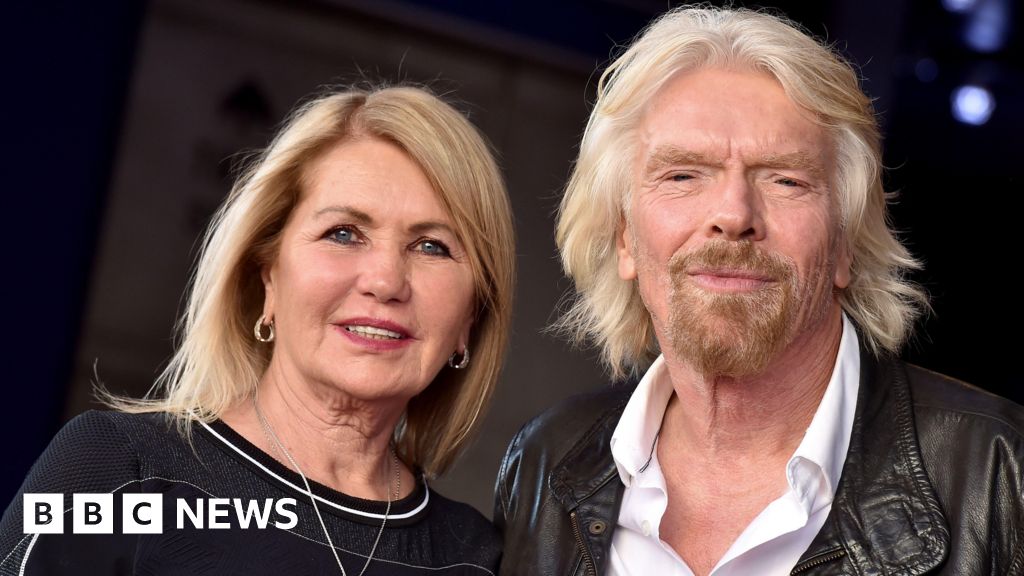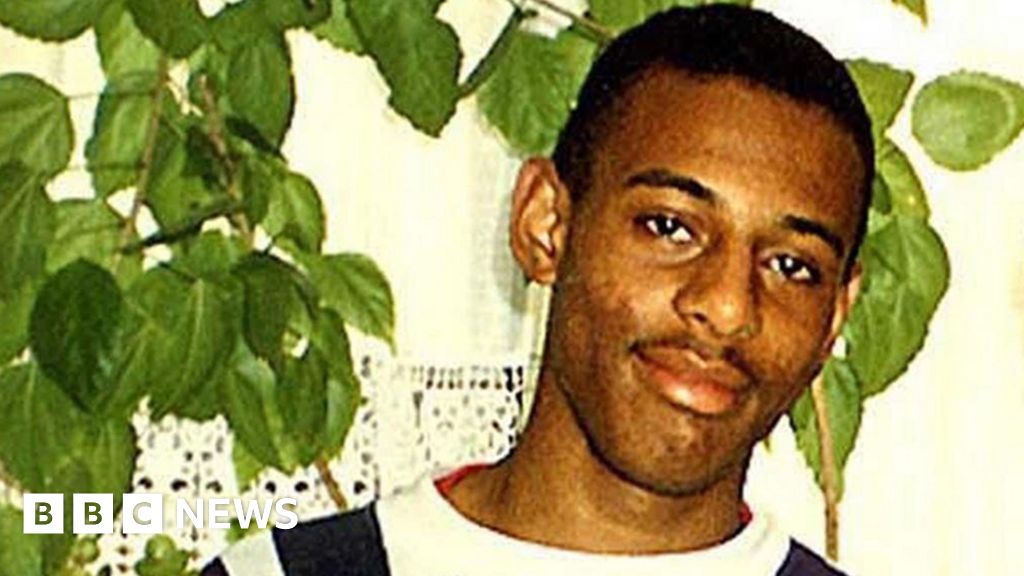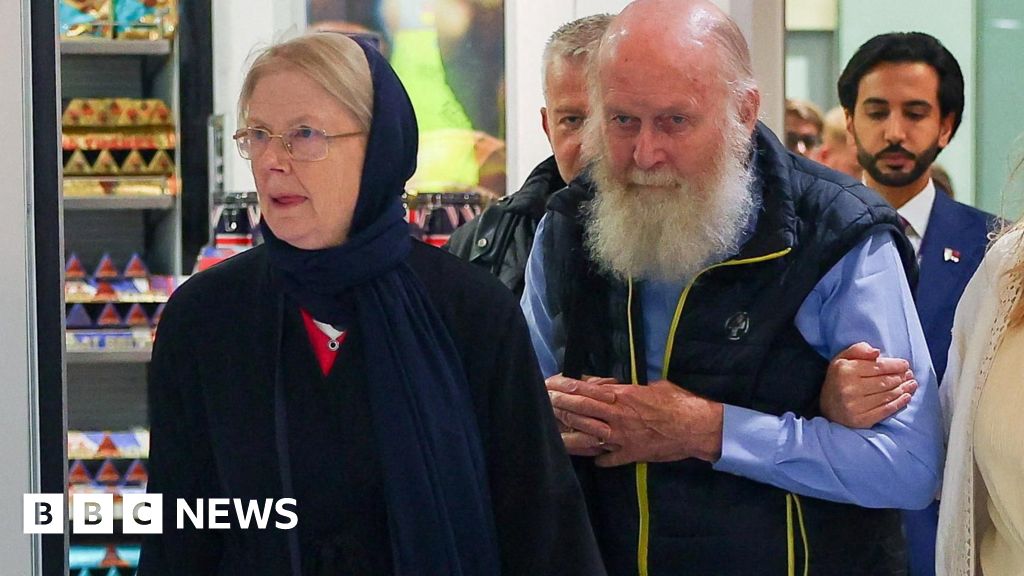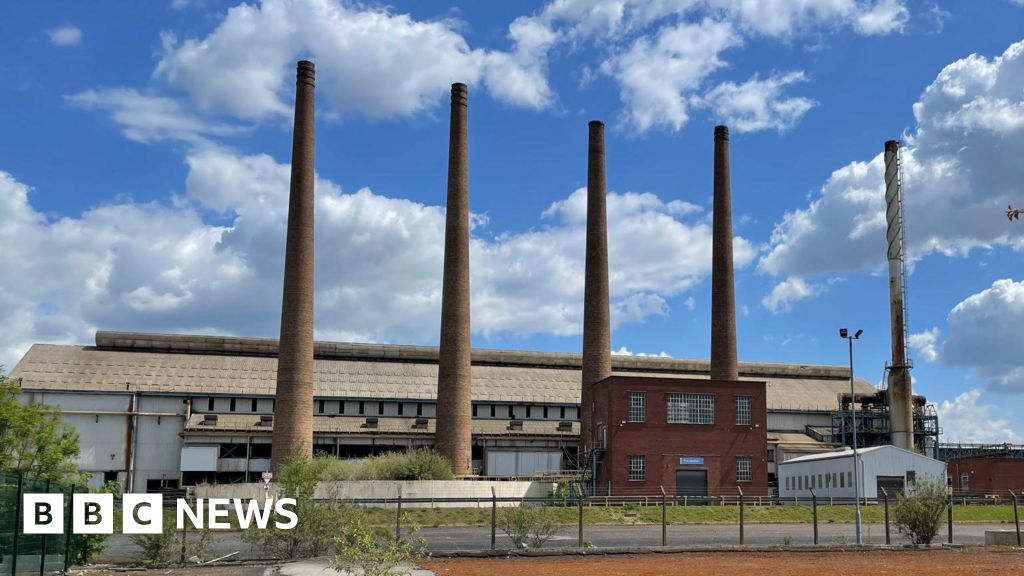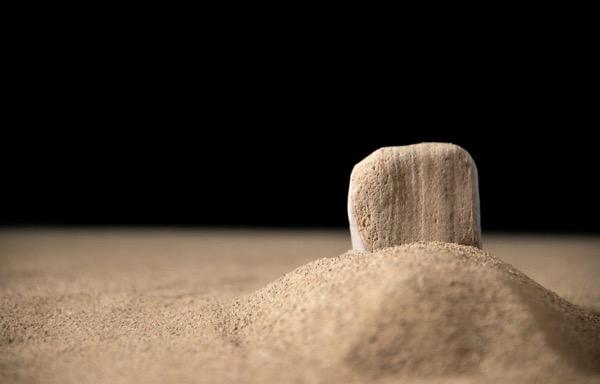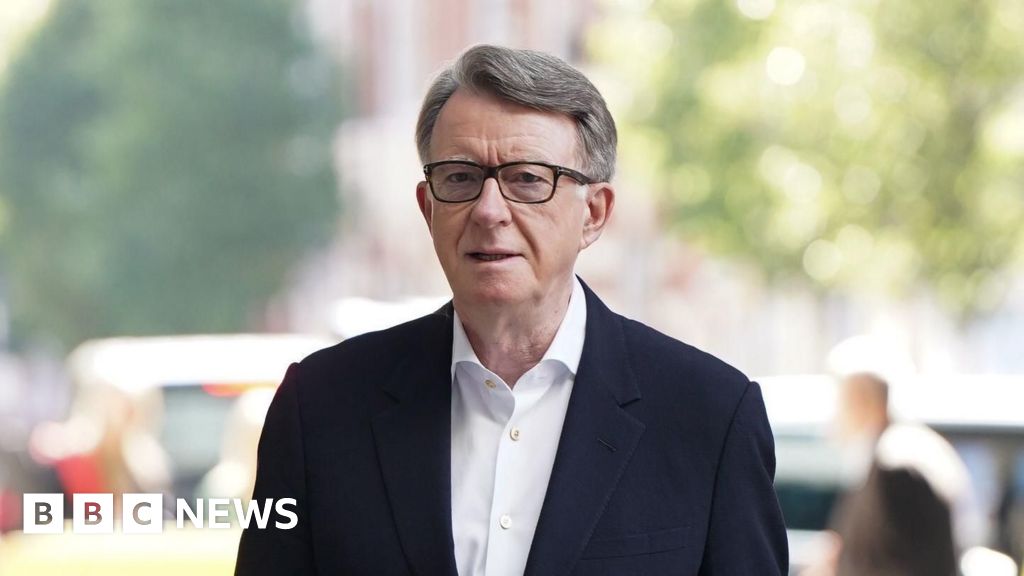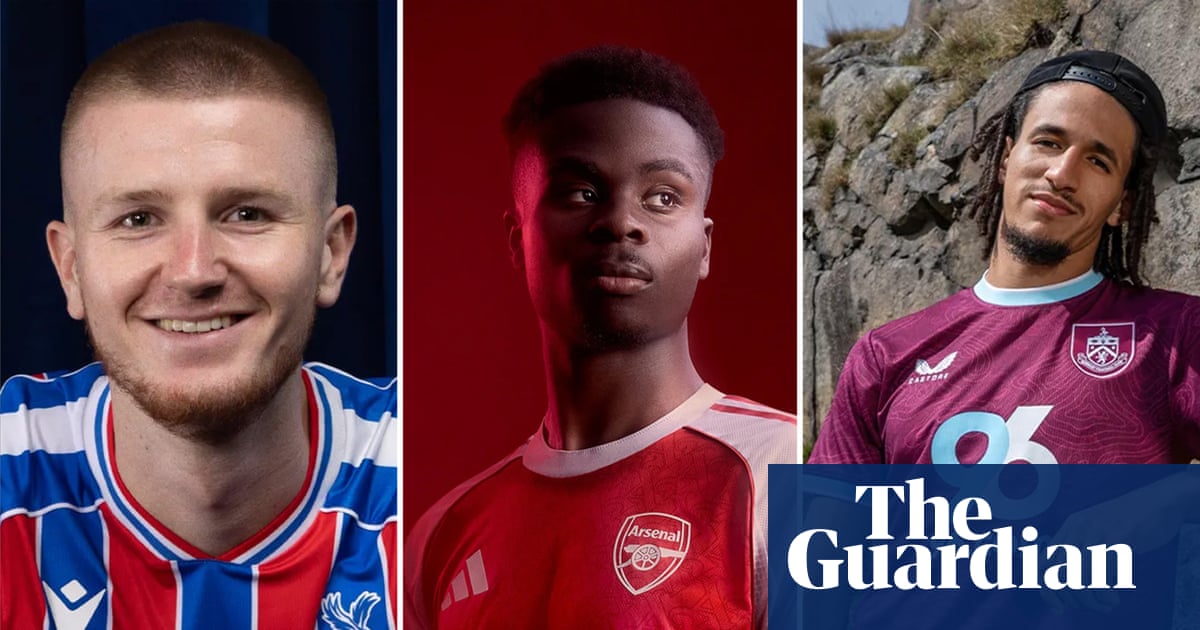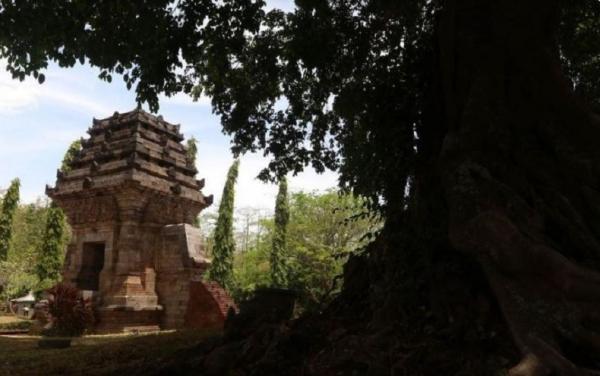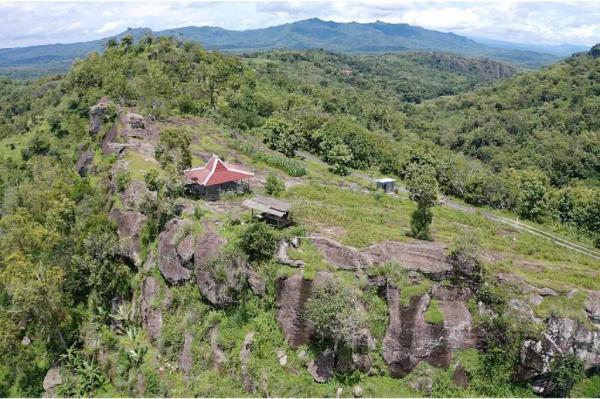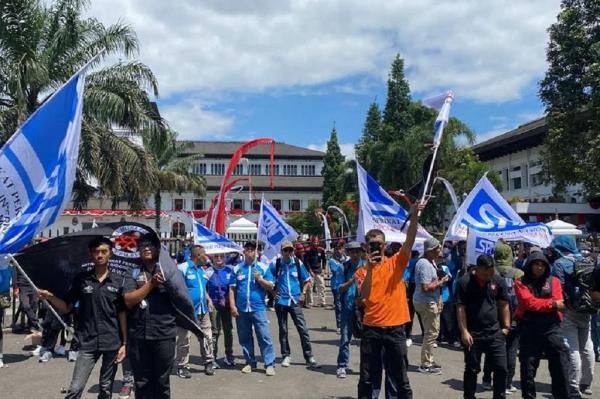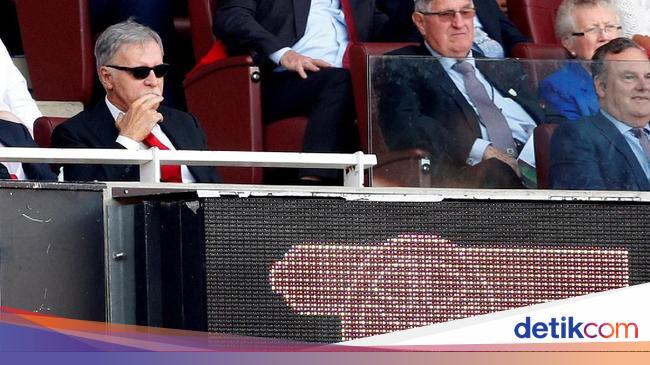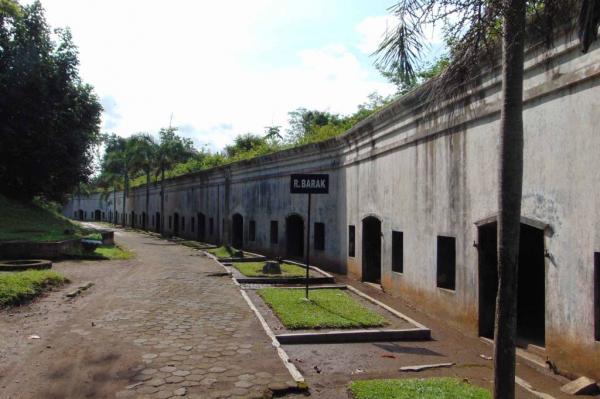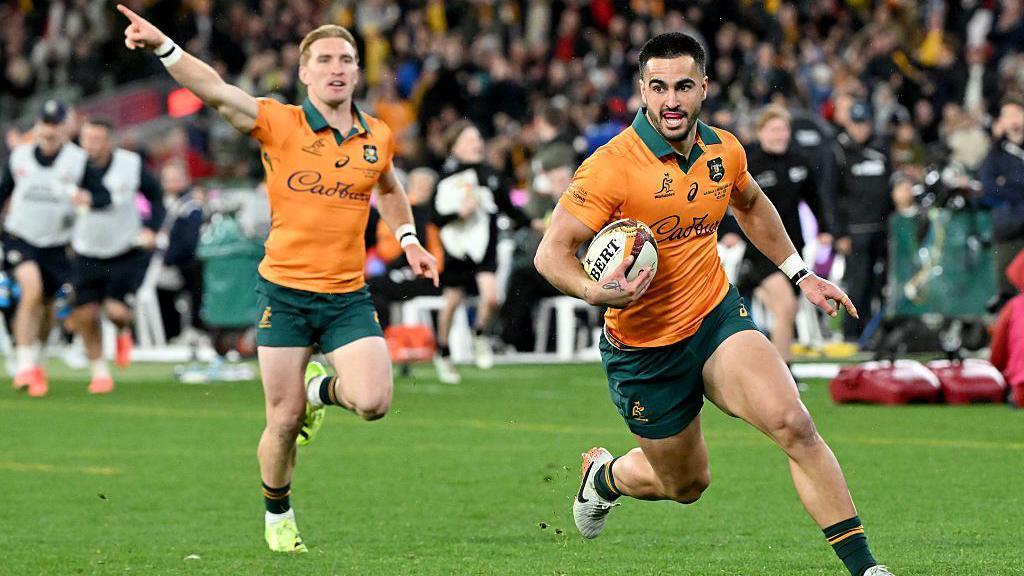 Image source, Getty Images
Image source, Getty Images
Tom Wright's second-Test try, after good work from Max Jorgensen and Joseph-Aukuso Suaalii, brought the Melbourne Cricket Ground to its feet
Rugby union correspondent in Sydney
Third Test: Australia v British and Irish Lions
Date: Saturday 2 August Venue: Accor Stadium Kick-off: 11:00 BST
Coverage: Live text commentary and post-match analysis on BBC Radio 5 Live, BBC iPlayer and online
It's been one of the hottest topics of conversation in Australia during this Lions tour. How much does rugby union matter here?
The fact it is a minority sport in Australia is nothing new. The Wallabies are used to fighting for their place in a congested sporting landscape.
But with the National Rugby League expanding, Australian Rules Football baked into the fabric of society, and the Wallabies struggling to capture the hearts and minds of a fickle public, it feels as though the sport is under pressure like never before.
There is hope, however.
Hope in both the medium and long term, with the 2027 and 2029 Rugby World Cups coming down the track. When you factor in the Lions tour and the Brisbane Olympics in 2032, it is a golden decade.
And in the short term, the stirring backs-to-the-wall performance in the second Test in Melbourne showed there is plenty of life in Wallaby rugby.
"We are fair weather fans in this country," explains Australian great Michael Hooper, speaking to the Rugby Union Weekly podcast in the shadow of the Sydney Opera House.
"We love a winner and we love supporting teams that show up with what we see as being Australian and that's showing up with a bit of grit, showing up and being competitive."
For Hooper, consistency is now key. For too long the Wallabies have flattered to deceive, losing matches and losing fans. The MCG performance needs to be a line in the sand. Sydney this weekend matters.
"I think they've shown that they can perform on the biggest stage in our country," adds Hooper.
"Probably a criticism is, and this was a criticism during my time through the Wallabies, is the inconsistencies that we have. We're able to lay out a really good performance, then a not so good performance.
"What we want to see in the next two years [before the World Cup] is just a consistent improvement, a trend upwards, and you don't see these valleys and troughs we have seen over the past decade and a bit.
"You are a very lucky player if you get to have a home World Cup, and these guys are going to get to do that."
'No reason why the Wallabies can't be a force'
Queensland Reds assistant coach Jon Fisher has been working in Brisbane for the past 18 months as he forges an impressive coaching career following a playing journey which included stints at London Irish, Northampton, and Bristol.
He says union manages to fight its corner remarkably well considering the competition. There are 16 professional teams from Australia in the NRL, while there are 18 pro teams in the AFL. This is compared to four professional rugby union franchises.
"In my experience, from what I see day to day, Australian rugby union is in fantastic health, when you are on the ground here and you experience the true reality of the [size of the] AFL and rugby league," he tells Rugby Union Weekly.
"The club game here is in rude health. You just have these two other sports that are thicker in the blood [of the Australian sporting public].
"There are a lot of reasons why it's challenging for the Wallabies, of course it is. But with the quality of player they have got - and yes they don't have the depth of South Africa, France or England - there is no reason why they can't be a force.
"The mentality will shift at some point."
There is no doubt, however, that many of the best, biggest and most skilful athletes at the grassroots don't end up playing rugby union.
"If you go down to the Gabba or the Suncorp Stadium and watch the Brisbane Broncos or Brisbane Lions play, you see in this country the amount of talent playing those two sports," Fisher explained.
"There are 50 to 100 guys playing in the AFL and rugby league who if they were brought up in the northern hemisphere would be playing rugby union.
"It's a terrifying prospect. If rugby league and AFL didn't exist in this country, I think the Wallabies would be hard pressed to ever lose a game."
'The Lions will be back'
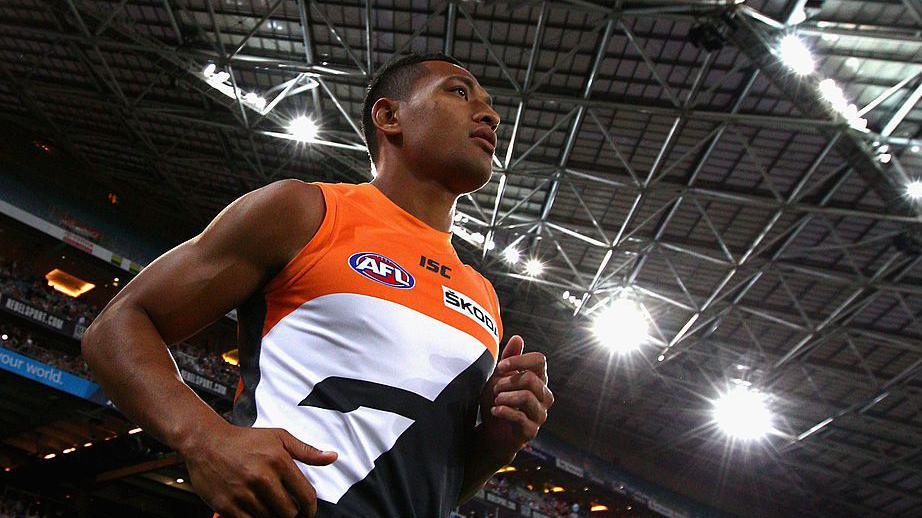 Image source, Getty Images
Image source, Getty Images
Israel Folau, one of the stars of the 2013 Lions series, played elite rugby league and Australian Rules before his union career
Prop Nick Stiles played through a golden era of Wallaby rugby at the turn of the century, including in all three Tests in 2001 as Australia beat the Lions in one of the great series.
He has since enjoyed a storied coaching and management career in Queensland, Japan, and with the Melbourne Rebels.
"It's a massive threat to the future of rugby, the money the AFL and NRL have, to target the youth and get the kids well before they become a rugby fan," he explains.
"That's what we are finding at the moment."
The lack of hype around this Lions series, and the lack of belief in Australian rugby from top to bottom, was manifested in a meek first-Test showing in Brisbane, a source of frustration for former Wallabies like Stiles.
For all the talk of development and progression, and long-term building, there is a nagging feeling this Lions tour has been a missed opportunity for the sport here.
"When the Wallabies do win, and they get on winning runs, you can just see the energy of the fans as they come out and support the team," added Stiles.
"I am concerned about what the ramifications of a whitewash will have to the Australian fan. There has been so much build-up towards this golden generation.
"This is a window we have to get right. We have got to grab it. That is the concern if this is a whitewash."
But despite the flatness of the tour matches, and the lack of fervour compared to rugby hotbeds like South Africa and New Zealand, there is little doubt the Lions will be back in Australia again.
The money generated, the incredible stadiums and the greatness of Australia as a sporting country all ensure this.
"I think the good thing with rugby is that history is important," Stiles says.
"I know there's been a bit of talk about the Lions not coming back in 12 years, but I just think that there's too much history involved for that to fall away.
"So I don't see that happening at all. It's too big a beast for it to fall away in 12 years' time."
The tour belatedly exploded into life in Melbourne, an epic match in a magnificent stadium, with talking points and controversy aplenty. And while this Saturday may be a dead rubber, there is plenty on the line.
The Lions are desperate to seal their legacy and make history by winning 3-0, while the Wallabies have little time to waste if the golden decade is going to propel the sport back into the public consciousness by 2027.
"If you get to put on your country's colours. It always matters," adds Hooper.
"I love this country and the passion that it has for sport. There is no question this country is hungry for sport and hungry for sport at the highest level.
"[The 2027 World Cup] is one of the biggest events in the world and we get to have it here in two years, and you can't help but get swept up in that."
.png)
 3 months ago
40
3 months ago
40
